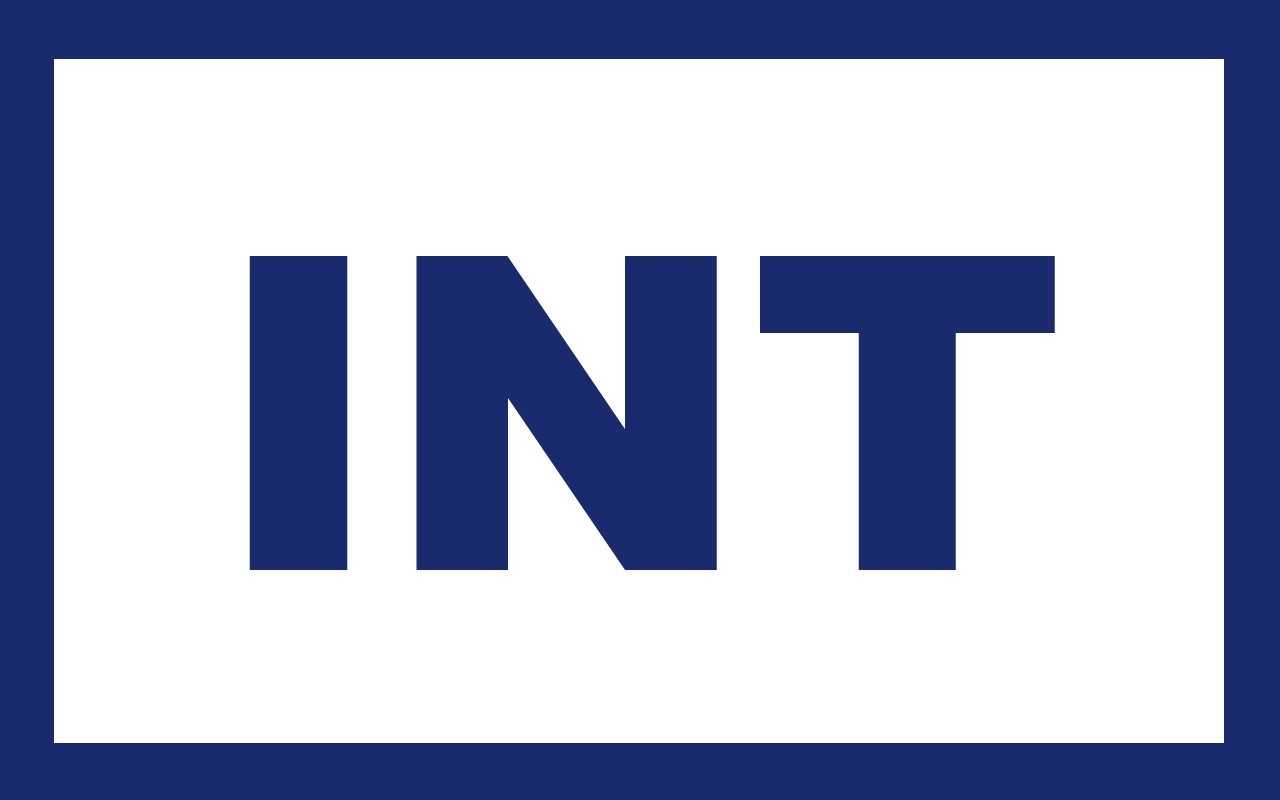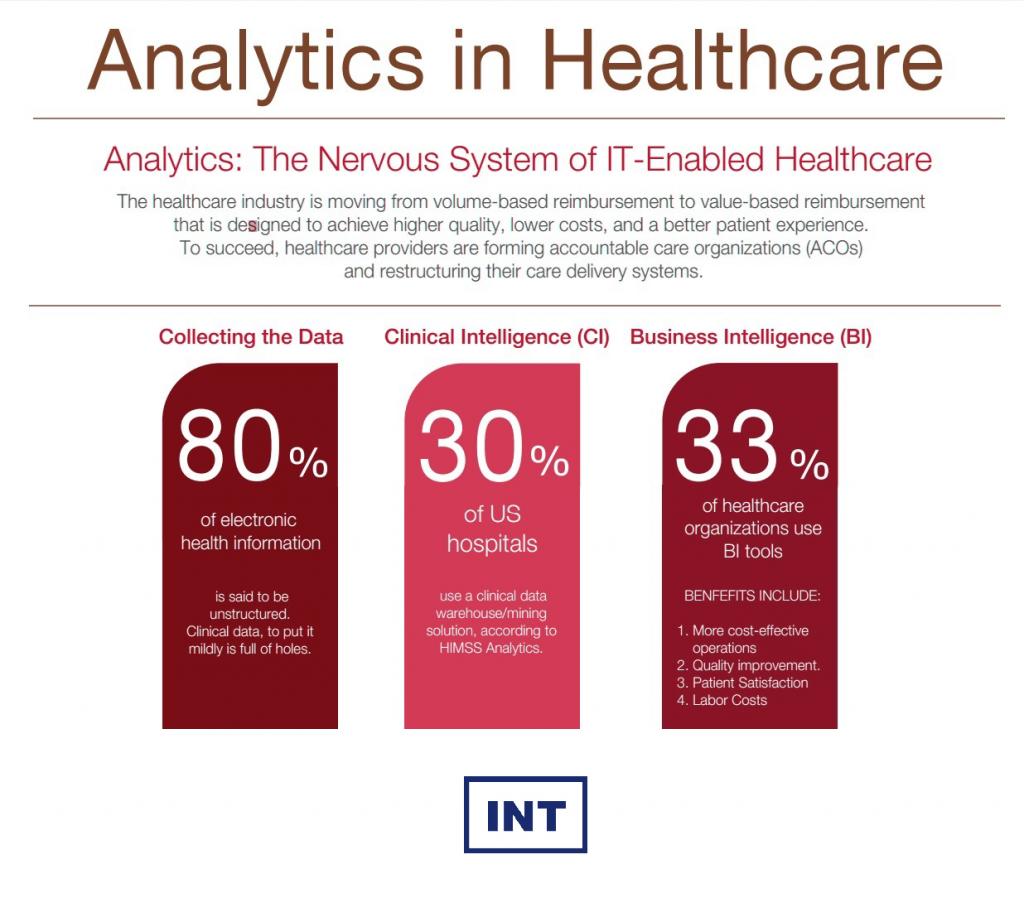Business Intelligence in the Healthcare Industry
With every passing day, we are seeing business intelligence solutions being utilized by industries like retail, manufacturing, government, finance, etc. All these industries have their own needs and requirements, and luckily we have tremendous, effective BI solutions for each one of them from reducing expenses to increasing revenues, from critical decision making to ensuring maximum efficiency, etc. But how is this possible, that we don’t talk about the industry that has the most complex data and is the most critical one out of all above-mentioned industries? As it is said in the Gartner’s report “Healthcare has the most complex data of any industry”. Let’s discuss the reason behind this:
Importance of Business Intelligence in Health care industry:
Human life is precious, whether you are in the government sector, finance or IT department, it does not matter how top-ranked your company is, what matters is that at the time of need, were you properly treated and cured or not? Therefore, in the health care industry, BI is no more something to be considered rather it’s a requirement now for everyone. According to a report by Tractica, it is estimated that the market for healthcare, in terms of advanced Artificial intelligence coupled with BI solutions will surpass $34 billion by the middle of the 2020s. Continuing to discuss the importance of business intelligence in the health care industry, there’s another fact shared by MarketAndMarkets which states that the IoT market for health care industry will be worth more than $158.07 billion by 2020. These numbers clearly illustrate where the world is focusing now, i.e. providing effective solutions to health care problems through the use of business intelligence tools.
Why Does Healthcare Industry Need Business Intelligence & Data Analytics?
Healthcare industry has the most complicated and varying data e.g. let’s discuss the details of a single patient for a single day, some of the key entities that’ll be required, to be noted throughout the day for proper inspection will include his heart rate, breathing rate, temperature, blood pressure, oxygen levels, treatment details, recovery signs, administrative details, reactions of medicines and so on, the list is infinite. Now imagine keeping such record for all those millions of patients lying in different hospitals all across the world with the same disease patterns. If all that data is gathered and stored digitally instead of paperwork and is utilized to derive some meaningful insights through business intelligence solutions, data analytics, and advanced AI, this can positively result in not only prevention of diseases but in ways, we can’t even imagine.
How is Data Analytics Helping to Improve our overall Healthcare Industry?
In order to solve the complexities of healthcare governance, many healthcare organizations have started to rely on the support of different BI software. To derive meaningful insights from patients and clinical data, we need advanced analytical capabilities. Business intelligence software helps clinical people to track all the KPIs which are needed for accurately managing the patient’s record.
Let’s discuss some practical ways of how data analytics is improving the healthcare industry:
Advanced Patient Care & Satisfaction:
Electronic health records EHRs help in diagnosing patient’s diseases through monitoring all critical aspects of patient’s data like lab tests, medicines, etc. This benefits both the physician and the patient too due to the reduced number of redundant tests, and the availability of accurate meaningful data.
Improved Operational Efficiency:
Many health care organizations are benefiting from utilizing big data as a part of their business intelligence strategies to reduce operational costs by measuring patient’s admissions records and thus improving overall efficiency.
Finding a Cure for Diseases:
Every human is unique and the drug for one doesn’t guarantee to be helpful to others. Therefore, big data is of extreme importance in understanding human anatomy in detail. With detailed data provided by millions of patients, BI software can find hidden patterns and meaningful insights out of it by utilizing data analytics.
Personalized Medication:
Now BI solutions are being utilized to provide personalized medications to patients by using their medical histories compared to previously cured patients.
Improved Operational Efficiency:
Many health care organizations are benefiting from utilizing big data as a part of their business intelligence strategies to reduce operational costs by measuring patient’s admissions records and thus improving overall efficiency.
Improved Logistics:
By estimating patient’s condition, with the use of data analytics, now healthcare organizations are getting better at logistics too. How? They can now estimate the amount of time that will be spent by the patient in the hospital, the number of medications he’ll need, etc all of this to make proper arrangements in advance in order to improve overall efficiency.
Prevention of Diseases:
With the help of utilizing BI tools and data analytics, all of the patient’s data is recorded in a way that for the purpose of prediction, it can be accessed instantly with 100% accuracy. People all around the world can enter their symptoms and learn about the common diseases and the suggested precautionary measures, this way more than 70% of the diseases can be prevented right from the start.
Drug Recall:
With the availability of millions of combinations of drugs, it gets harder and harder for physicians to memorize each one of them and how the survivors reacted to those drugs. For this very reason, BI tools are being utilized to recall drugs efficiently and effectively along with the provided data about patient’s demographics and current conditions to better treat the next patients with the same drug.
Tracking and Tracing of Medical Products:
This useful feature is improving our health care industry by providing instant details about a certain drug’s production, it’s delivery and the patients that are being treated by it and so on. This valuable information helps in retracing any fraudulent activity.
Improved Decision Making:
Extremely efficient coordination is required whenever the managers or physicians in the health care industry face any issue related to the system, logistics, operations or diagnostics, etc. At that time they desperately need the support of data analytics, artificial intelligence and BI tools to solve these complexities by relying on the data provided by similar past cases. This way BI tools help provide useful insights about all these matters and help in overall decision making.

